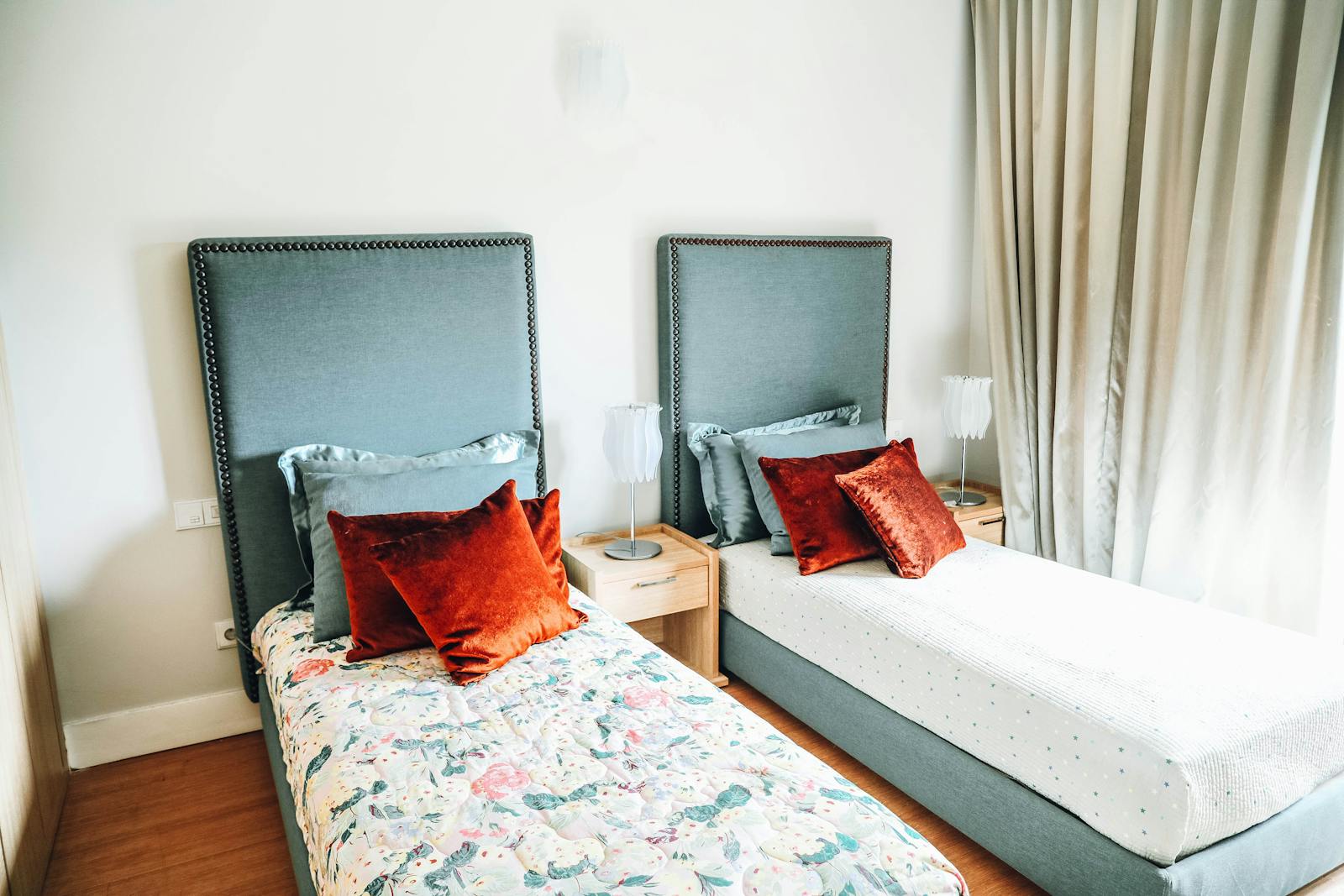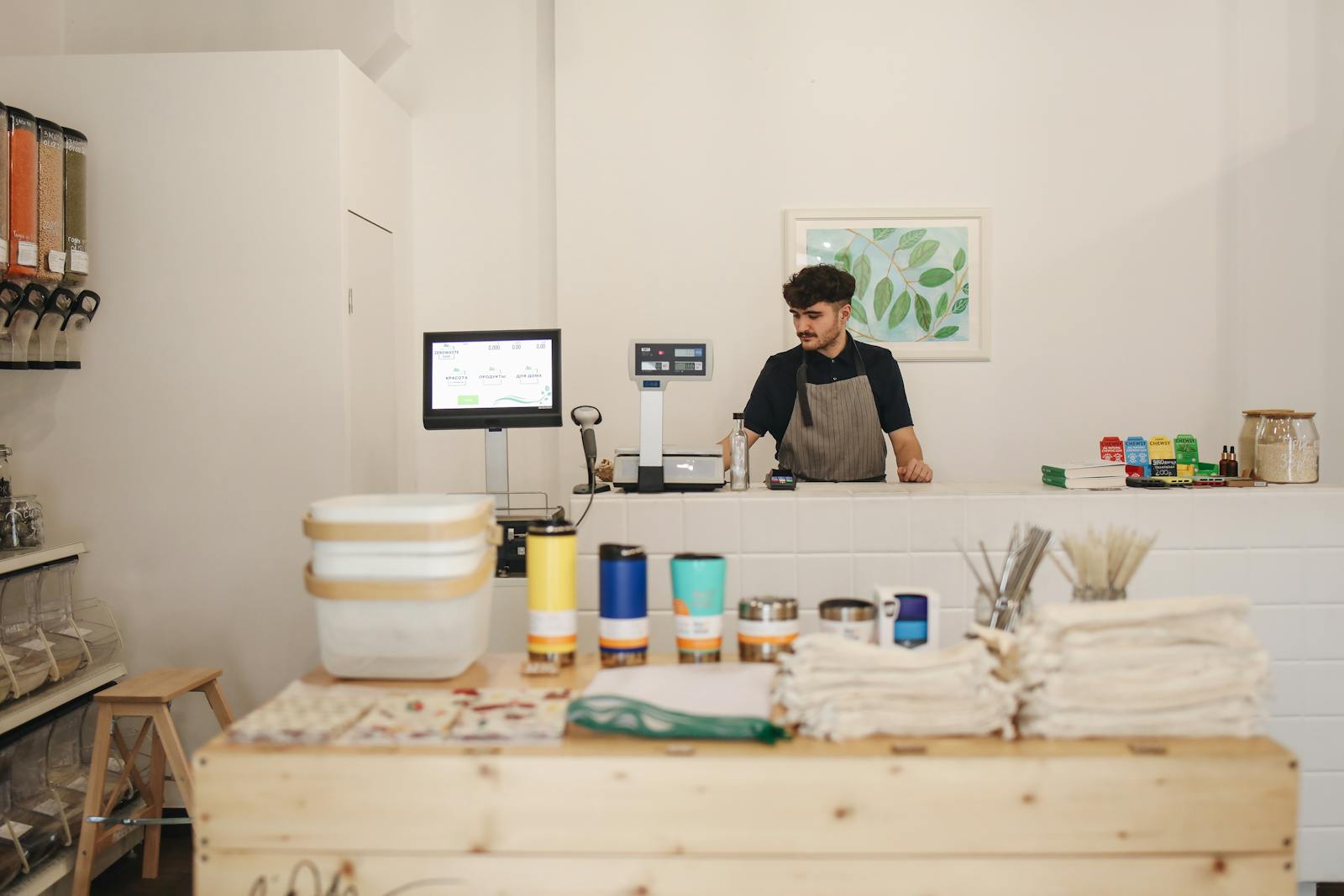Over the past 365 days, Alberta’s hotel real estate market has seen diverse activity across a range of rural and urban communities. At least 158 hotel properties were recorded, with 58 active, 58 sold, 37 expired, and 5 terminated listings.
Hotel prices spanned from as low as $7,000 to nearly $9.5 million, with the average listing priced around $1.5 million. Most properties fell within the $500,000 to $1.5 million range, with budget-friendly opportunities still available under $500,000, particularly in smaller towns like Hardisty, Delia, and Innisfree.
Active listings averaged 210 days on the market (DOM), while sold properties averaged 197 days, suggesting a moderately paced market. Notably, expired listings had a much higher average DOM of 288 days, indicating that overpricing or limited buyer interest remains a challenge in some regions.
Cities like Red Deer, Medicine Hat, and Stettler stood out for having multiple transactions across all listing categories. High-value sales were observed in Lethbridge, Red Deer, and Taber, with several properties exceeding $3 million. Meanwhile, opportunities under $1 million remain strong in smaller rural areas, often featuring older yet functional buildings.
Buyers seeking quicker returns may benefit from focusing on active listings with low DOM and mid-range prices, while sellers should remain cautious about overpricing, especially in slower rural markets.
🔹 1. Overview by Hotel Listing Status
🔹 2. Price Distribution (All Listings)
Under $500K: 33 properties
$500K–$999K: 44 properties
$1M–$2.99M: 36 properties
$3M–$5.99M: 21 properties
$6M and above: 6 properties
🔹 3. Market Activity Insights
Top 3 Most Expensive Active Listings
Lethbridge – $7,850,000 | 41,084 sqft
Fort McMurray – $4,900,000 | 33,957 sqft
Banff – $3,350,000 | 5,221 sqft (historic building, 1908)
Top 3 Sold Listings
Taber – $3,700,000 | 20,396 sqft
Red Deer – $3,340,000 | 27,803 sqft
Lethbridge – $2,500,000 | 37,200 sqft
🔹 4. Average Metrics by Status
🔹 5. Notable Trends
Red Deer, Medicine Hat, and Stettler were high-activity hubs with multiple listings across all status types.
Older buildings (pre-1950) are still active in rural areas and often priced under $1M.
Larger and newer hotels (post-1990, 20,000+ sqft) often occupy the $2M+ range, especially in cities like Lethbridge and Slave Lake.
Long DOM listings (over 500 days) tend to be in small rural markets or require substantial renovation.
🔹 6. Recommendations for Investors
Quick sales (<100 DOM) are clustered around $300K–$1.3M, ideal for budget-conscious investors.
Look out for expired listings with long DOM—they may offer negotiation leverage if re-listed.
Active properties with low DOM (under 50 days) include Hardisty, Delia, and St. Paul – potential hot spots.
Overall, Alberta’s hotel sector offers a wide range of investment options—from entry-level motels to high-capacity urban properties—positioning the province as a strong yet balanced market for commercial real estate investors in 2025.


